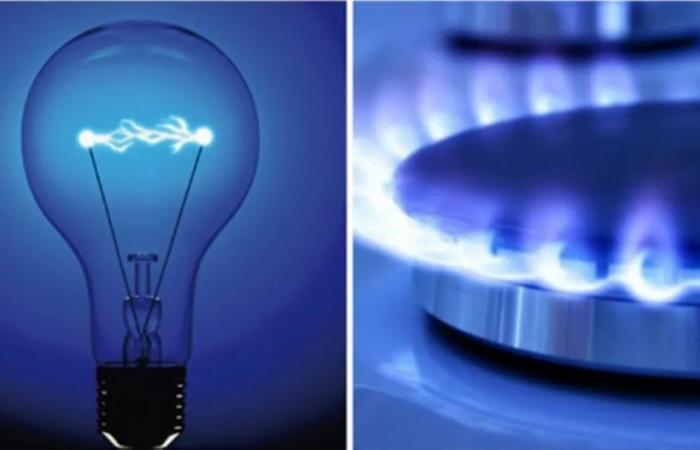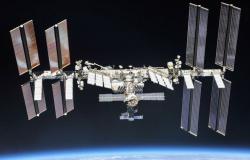The national government has decided to freeze the increases in electricity and gas rates that were scheduled for July. These increases, which were estimated to be between 2% and 3%, were intended to improve the margins of the companies in charge of public electricity and natural gas services. However, this measure was postponed so as not to impact the bills of homes, businesses and industries.
In contrast, the Minister of Economy, Luis Caputo, announced an increase in taxes on fuels that will come into effect on July 1. This increase represents a 1% impact on the price of gasoline and diesel. This measure is part of the Government’s efforts to consolidate a drop in inflation, which was interrupted in June after five consecutive months of decline, mainly due to previous adjustments in rates that sought to reduce public spending on subsidies.
The companies affected by the tariff freeze include major names such as Transener, Transba, Transpa, Edenor, Edesur, TGS, TGN, Metrogas, Naturgy, Camuzzi and Ecogas, among others. This decision means that many of these companies will face a significant delay in their projected revenues, which could compromise their future investment plans.
Previously, between February and April, the Government had agreed to tariff increases with these companies in exchange for them dropping legal claims and maintaining a monthly indexation formula. However, due to changing economic circumstances, it was decided to temporarily cancel this adjustment mechanism as of July.
As for fuels, in addition to the adjustment for the monthly devaluation of the peso against the dollar, an additional 1% increase in taxes will be applied starting next month, raising the price of gasoline to approximately $930 or $935 per liter in the City of Buenos Aires.
In summary, while seeking to stabilize the economy by freezing rates to protect consumers, fuel taxes are increased to increase tax revenue, reflecting a complex balance in the country’s current economic policies.






